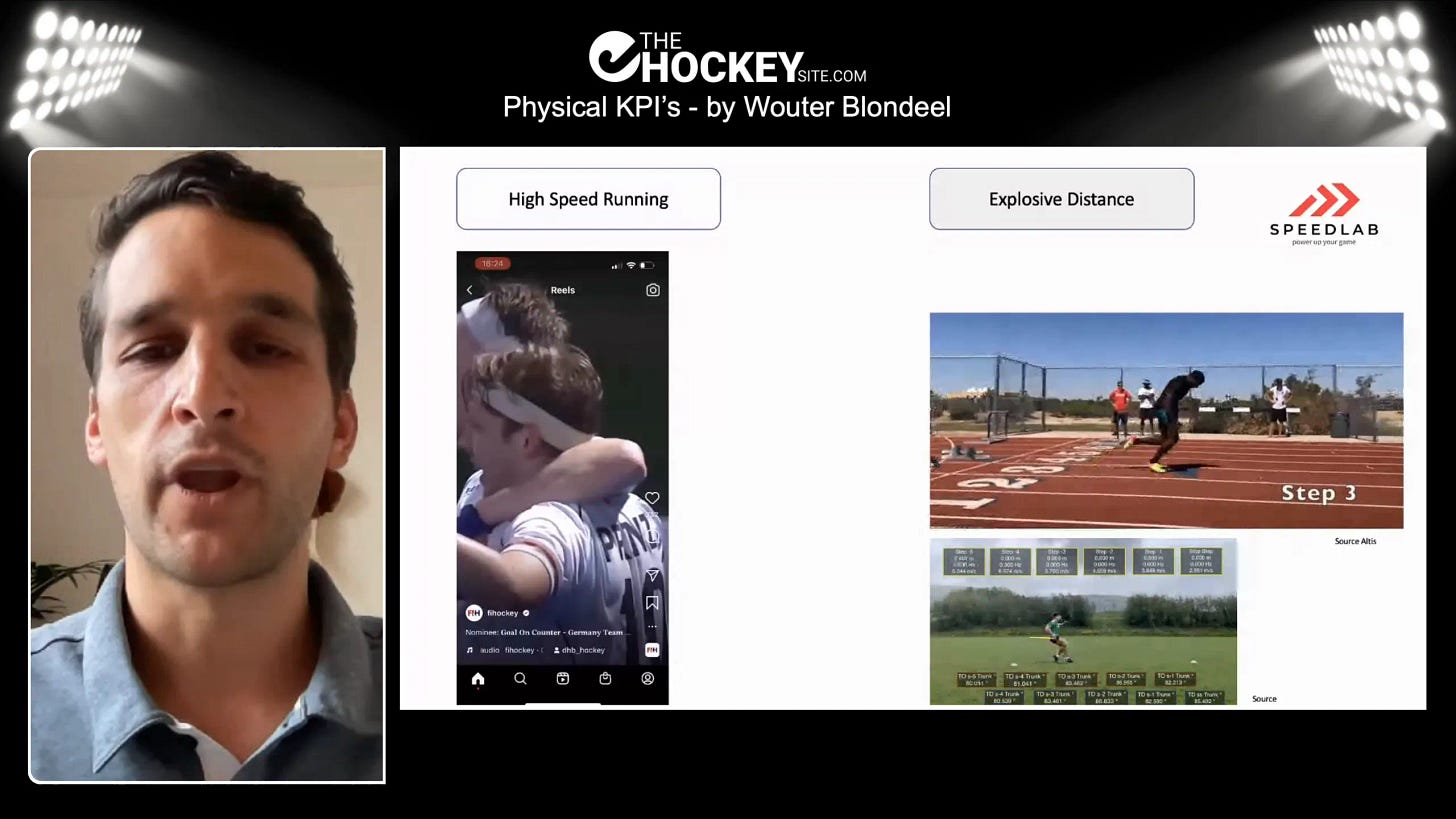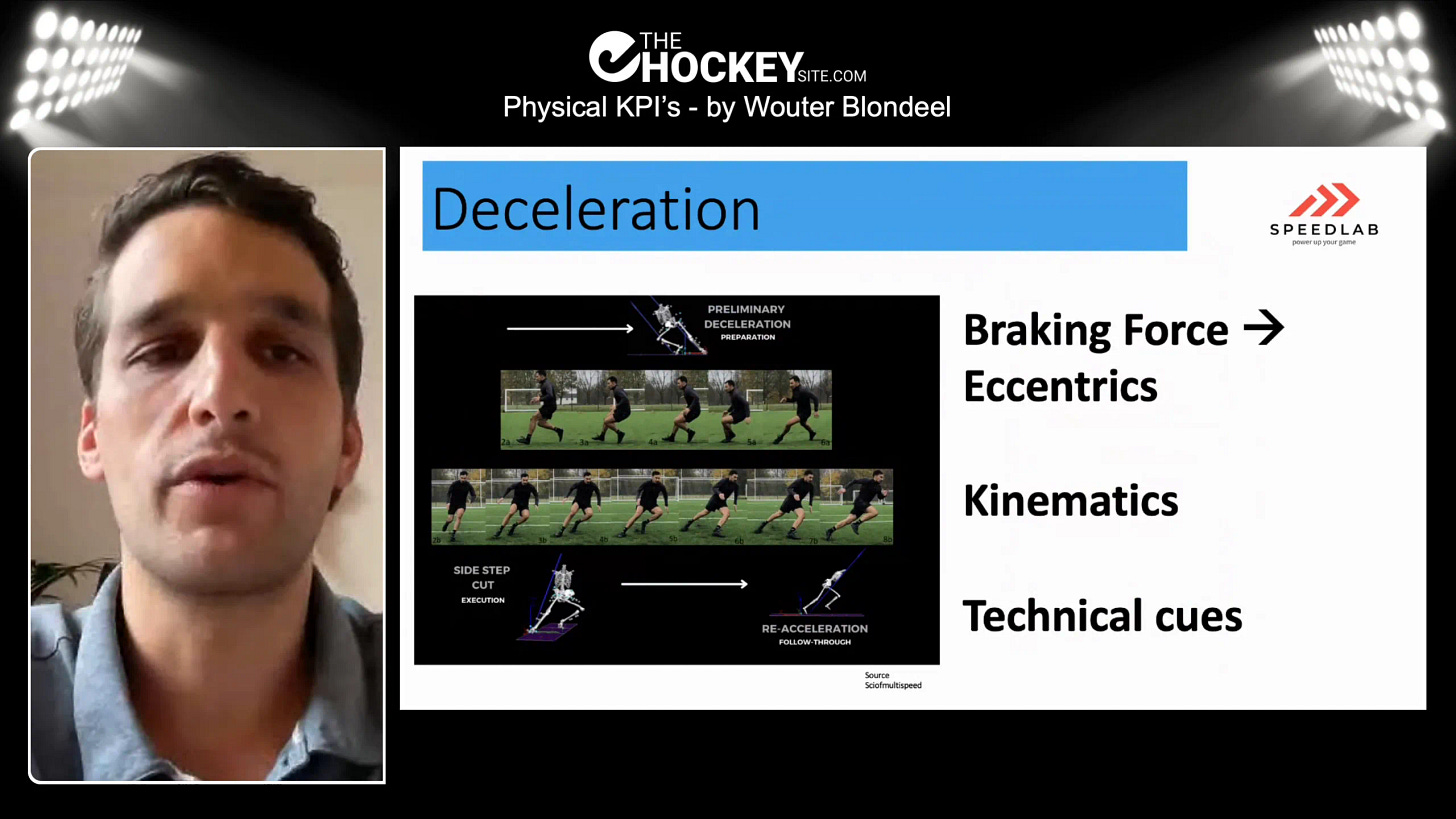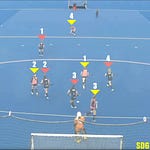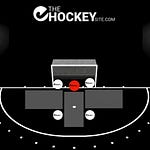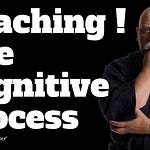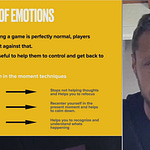In the world of field hockey, speed and strength are vital components for player performance. Watch Wouter Blondeel, a seasoned strength and conditioning coach, as he delves into the physical key performance indicators (KPIs) that can elevate athletes' abilities on the field. This masterclass explores the strategies, drills, and scientific principles behind developing faster and stronger hockey players.
Introduction to Wouter Blondeel
Wouter Blondeel is not just another coach; he is a leading strength and conditioning coach for Belgium's Under 21 hockey team. With a master's degree in movement science, he brings a wealth of knowledge and experience to the field. His unique approach combines scientific principles with practical training methods, making him a sought-after figure in the world of sports performance.
Understanding the Nature of Hockey as a Sport
Hockey is fundamentally a running-based sport, which means understanding the nuances of running mechanics is crucial. Players must be adept at high-speed sprints, quick accelerations, and effective decelerations. The physical demands of hockey require players to maintain high levels of intensity throughout the game, and this is where conditioning comes into play.
Moreover, hockey is not just about running; it involves power. Players need explosive strength for both running and hitting the ball effectively. This dual focus on endurance and power is what makes training for hockey so unique and challenging.
Key Performance Indicators (KPIs) in Hockey
Key Performance Indicators are essential for measuring an athlete's effectiveness on the field. These indicators help coaches track player progress and identify areas that need improvement.
The Importance of Acceleration and Deceleration
Acceleration and deceleration are vital skills in hockey. A player's ability to accelerate quickly can determine their effectiveness in offensive plays, while effective deceleration can prevent injuries and ensure stability during rapid direction changes. Coaches must focus on both aspects during training to develop well-rounded athletes.
Training Techniques for Acceleration and Deceleration
To enhance a player's acceleration, various drills can be employed. These include:
Block starts to improve initial burst speed
Acceleration drills that focus on technique
Using video analysis to correct kinematics
In terms of deceleration, training should focus on building eccentric strength and stability. This can be achieved through:
Isometric strength exercises
Drills that emphasize controlled stopping and direction changes
Video feedback to refine technique




